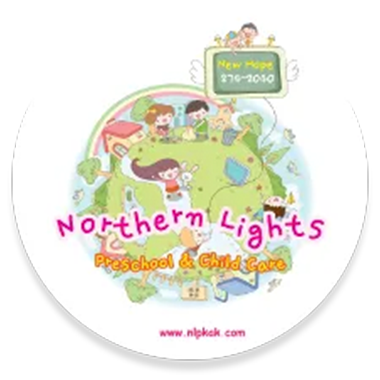
Is Your Child Ready for Preschool? Signs to Watch For
Posted on March 24, 2025
by
nlpkak
Starting preschool is a big and exciting step in your child’s development. It opens the door to new friendships, structured learning, and endless opportunities for growth. But how do you know if your child is truly ready to begin this journey?
Every child develops at their own pace, and preschool readiness isn’t just about age—it’s about emotional, social, physical, and cognitive development. Here are some helpful signs to look for when deciding whether your child is ready for preschool.
Emotional Readiness
Can your child say goodbye with confidence? While it’s normal for children to feel a little nervous at first, a preschool-ready child can typically separate from a parent or caregiver with minimal distress.
Preschool also involves learning through play, following simple routines, and managing small responsibilities. If your child is beginning to express independence—like choosing clothes, helping with cleanup, or showing interest in doing things “on their own”—these are positive signs of emotional growth.
Social Readiness
Preschool is a wonderful place for children to build social skills. If your child enjoys being around other kids, takes turns (even if they’re still working on sharing), or participates in simple group activities like story time or singing songs, they may be socially ready.
Social readiness doesn’t require perfection—it’s about showing interest in others, starting to follow rules, and being open to learning how to get along in a group setting.
Cognitive Readiness
Does your child ask lots of questions or enjoy exploring new things? A curious mind is a great sign of preschool readiness. Children who show interest in books, puzzles, building blocks, or pretend play are naturally engaging in early learning.
Being able to follow basic instructions, understand routines, and express thoughts verbally also supports success in a preschool environment.
Physical Readiness
Preschool involves plenty of active play, hands-on activities, and independent routines. Children should have enough physical stamina to stay engaged throughout the day, with or without a nap.
Most programs also encourage self-help skills like hand-washing, eating independently, and using the restroom. If your child is gaining confidence in these areas, they may be ready to take on the physical rhythm of a preschool day.
Choosing the Right Fit
Readiness is one part of the equation—choosing the right preschool is just as important. Look for programs that match your child’s personality and learning style. Some children thrive in a play-based setting, while others respond well to more structured approaches.
Consider class size, teacher experience, and overall environment. Visiting the school, meeting teachers, and observing a classroom in action can give you helpful insight and peace of mind.
It’s Okay to Wait
Not sure if your child is quite ready? That’s okay! Giving them more time to develop can lead to an even better experience down the road. In the meantime, you can support their growth through play, social interaction, and establishing simple routines at home.
Encouraging a Positive Start
Preschool is a wonderful opportunity for children to grow, explore, and build confidence. By watching for signs of readiness and choosing a program that supports your child’s needs, you’re setting the stage for a happy, successful beginning to their educational journey.
